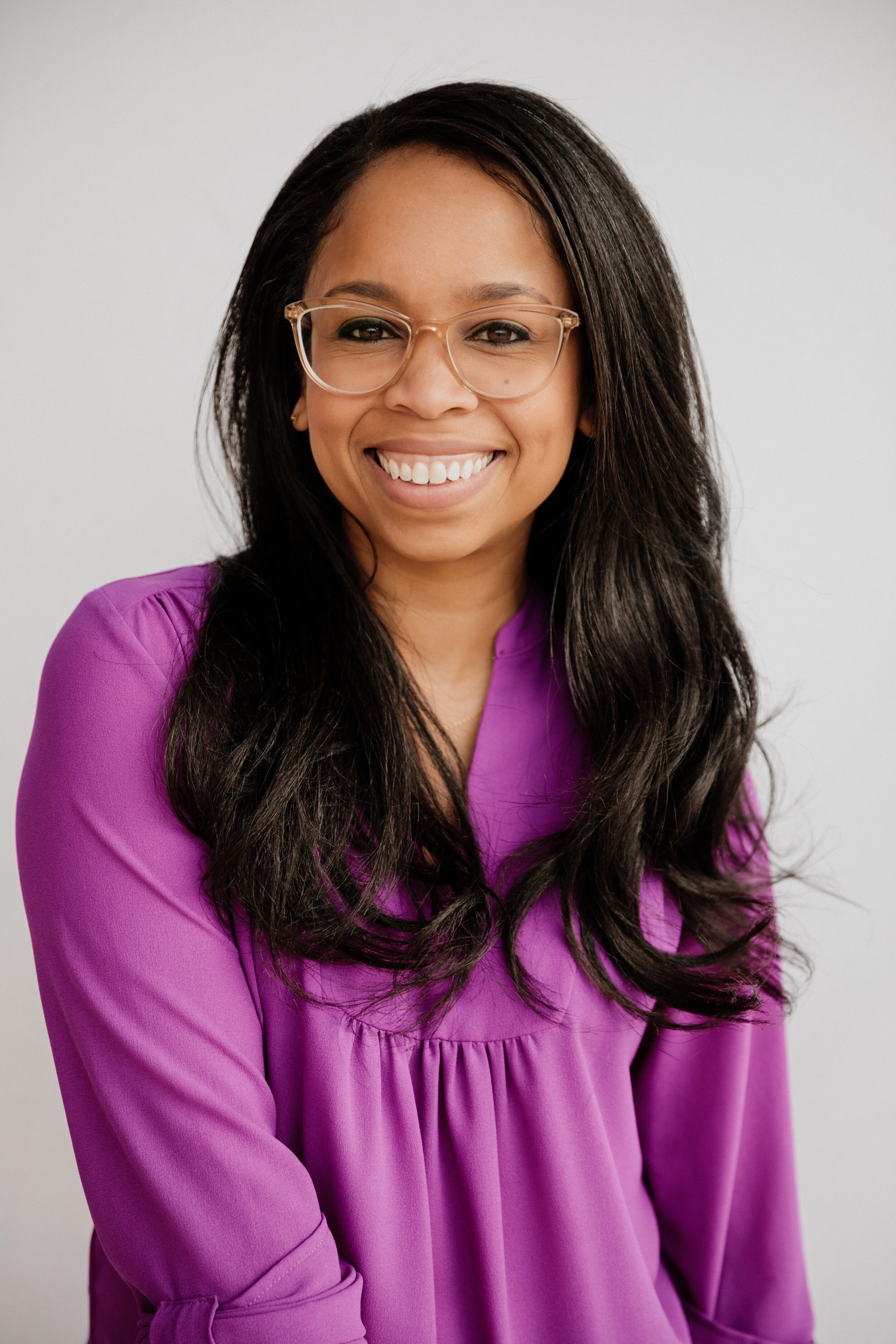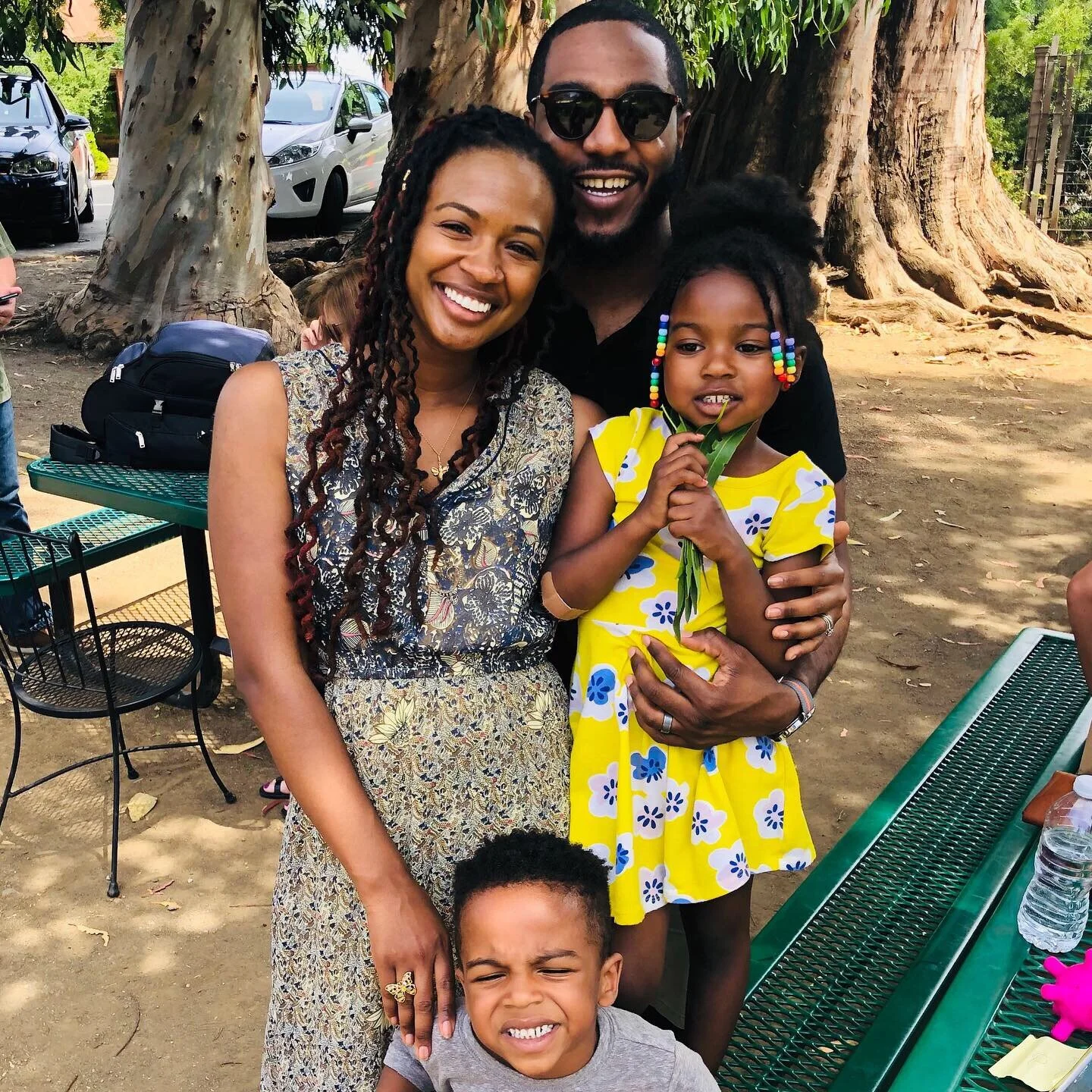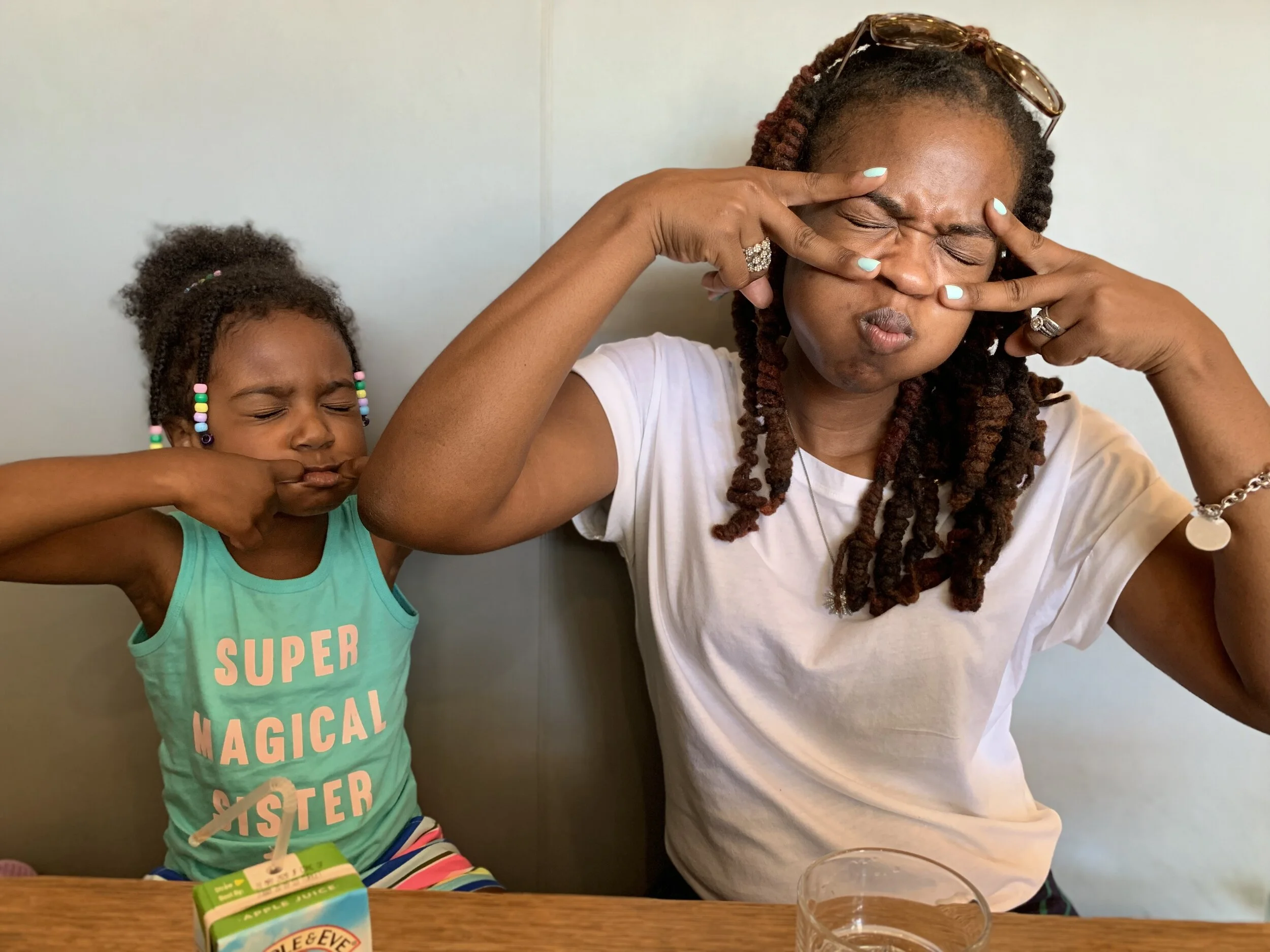Alison Brock McGill, Nonprofit Strategist and Entrepreneur
Hi, Alison! Thank you for doing this interview. Can you share what you do?
I try to succinctly say that I’m a nonprofit consultant. In reality, that can mean a variety of things. At a high level, I work with nonprofit organizations to address any number of problems or areas for opportunity. I got into this work independently when I left a job in corporate social responsibility (CSR) and ventured out on my own in 2016. I started working with small-scale, nonprofit organizations focusing on fundraising and development, capacity-building, strategy, and growth. Over time, one of those client projects evolved into a full time opportunity.
I’m now working full time as a consultant at Promise54, a talent solutions and advising firm within the education space. We work with all players within that landscape, including charter schools, district school systems, family foundations, and education nonprofits. Primarily we focus on talent-related issues, approached through a lens for diversity, equity, and inclusion (DEI). So that looks like anything from performance management, developing competencies, assessing compensation, and also thinking about DEI belief statements, strategies, and capacity-building. We take on a variety of projects for a variety of clients. It is a startup nonprofit, which has unexpectedly been my wheelhouse for the past three years.
When you reflect back, was there a pivotal point where you made the decision to focus your career on nonprofit or service-based work?
It was around the time I was considering applying to business school, which was in 2008 or 2009. I was living in Atlanta, working at Cartoon Network in a very different capacity than what I do now. It was a for-profit company, doing for-profit work. I had a lot going on in my personal life, and realized I wanted to do things I believe are fulfilling.
My grandmother — my father’s mother — was living in a nursing home and dealing with early-stage dementia. I was visiting her once a week, and I struggled with losing her mentally. I was mentoring this girl through Big Brothers Big Sisters. Her name was Diamond. I was feeling very exposed to how different her upbringing was from my own. My mother was diagnosed with stage 4 non-Hodgkin's lymphoma, and so I got involved in the Leukemia & Lymphoma Society as a volunteer. I was also training for half-marathons.
So I would be at my desk, and although I should have been working, I was actually planning fundraisers, organizing activities for me and Diamond, or coordinating with my uncle around when I’d see my grandmother next. So I was doing things that I felt were making a difference in the lives of people close to me. I was supporting another nonprofit in Atlanta called The Jerusalem House, that was doing a lot of work for homeless families dealing with AIDS. This ended up being what I discussed in business applications — wanting to create change.
I joined Management Leadership for Tomorrow [MLT], which really helped me hone my story. When I went to Haas Business School, I concentrated on social impact and marketing. My first job out of school was in CSR, and from there I moved into nonprofit consulting.
Did you have any individuals or any organizations who were especially supportive to you along the way?
MLT was super helpful. My cohort would have monthly sessions with a coach to help process what was going on internally and to get that thinking on paper for our business school applications. So we would have a number of homework assignments that we had to bring to coaching calls and if you had done the homework then the coaching calls were great. I trusted the process, so if they said to write journal entries every month, then I would do it and it wound up being helpful.
In business school, I plugged in really quickly with organizations like Net Impact, which cultivates students and professionals interested in social impact. I was an officer for our campus chapter of Net Impact, and I helped lead a board matching program which paired graduate students with local nonprofits as non-voting board members, who would support their designated nonprofit with projects. I also became president of another organization on campus called Challenge for Charity, and spent a year rallying my classmates around two different nonprofits in the Bay Area, driving volunteerism and fundraising.
I had two informal mentors: Kelly McElhaney, who led Haas’s Responsible Business program, and Nora Silver who was in charge of the nonprofit resource center and served as the on-campus sponsor for the Net Impact Board Fellows Program. Nora helped me get a fellowship with Points of Light Foundation as a graduate fellow, where I worked on their ReImagining Service initiative, a program to help for-profit entities think more creatively about volunteerism as a core competency for their employees. I spent time going through a bunch of data from a survey they administered a couple years prior called the Civic 50 where they engaged and highlighted fifty companies that were especially civic-minded. I had to pull trends and practices, which would be used in a series of case studies for other companies to learn from.
All of these individuals and organizations were very helpful when I was seeking jobs post-graduation, and based on my experiences while at Haas, I leaned into opportunities at nonprofits.
Given your background, what qualities do you feel make you uniquely suited to do what you do?
I do find that there is something unique and meaningful in having worked in the for-profit sector and then moving into the nonprofit space. I am a person who believes in taking some of the practices and procedures and mindsets that are used and applied to corporate spaces, and applying them to the nonprofit sector.
It’s interesting, because I’ve been reaching out to friends and speaking with my husband to figure out what they think I’m good at. They all say “You’re always doing something creative and you’re always in charge.” The creative thing is interesting to me. Being in charge makes sense for how I’ve seen myself, but I don’t think I’ve made space for myself to really lean into my creativity.
I also realize I love puzzles. I think it’s because I have a unique ability to organize things and put the pieces together. In strategic planning, for example, I can see how the different components fit together. Other people may get distracted or get stuck in their silos, and only care about their side of things — thinking about programming and not operations, or the budget and not programming. So I think that may be a superpower.
I’ve also come to notice that I feel a lot of things, and I pick up on people's energy. I used to internalize it but I’m trying not to do that as much. I’m a pretty intuitive person, though. When it comes to solving problems that I care about at my core, I think that being able to connect the dots and layer in a real sense of empathy positions me to hopefully make meaningful and sustainable change.
When thinking about your future, what are you excited for?
My friend brought me to an event and they had a healing room where this Reiki master led me through a brief personal session. In that session, I said I wanted to manifest more rest and more peace. I want to relax the anxiety that is linked to all of the pressure I put on myself to do well in every part of my life, all the time. I want to release the guilt that comes with not being able to be a superhuman all the time. I think I just want to be more selective about the kinds of projects I’m taking on in 2020. I want to focus more on leadership, youth development, and travel. These are the things that I care about and that I’m excited to more intentionally bring into my life.
Please share this post with a friend, and follow us at @BlackWomenWorkIG!



